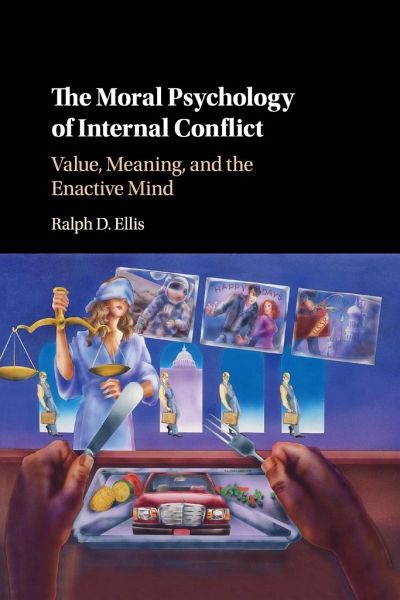
The Moral Psychology of Internal Conflict
Versandkostenfrei!
Versandfertig in 1-2 Wochen
42,99 €
inkl. MwSt.
Weitere Ausgaben:

PAYBACK Punkte
21 °P sammeln!
The Moral Psychology of Internal Conflict


Rechnungen
Bestellstatus
Retourenschein
Storno